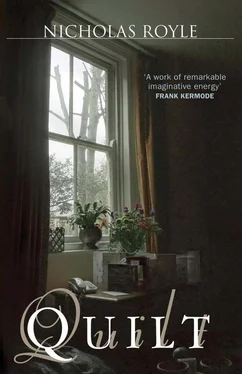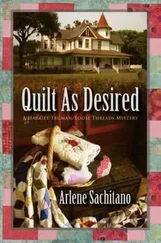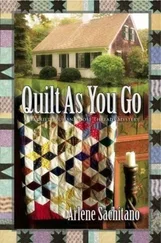You might suppose that reality literature entails a new attention to realism, even a new kind of realism. Again, you would be right. Yet the force and focus here is not only realism, but what makes it possible. It is the wayward telephone network. There is a literary telephony or, better perhaps, a literary telepathy, that has to do with the singular nature of magical thinking in literature. To read a novel is to enter a world of magical thinking. (This doesn’t mean you’re mad or ‘believe in superstition’ or have to surrender your reason at the door: like love itself, the doorway is magical.) Realism, in this respect, is not so much about credible characters, places, experiences and events, about furniture and food, sadness and street-corners, and so many other narrative details, all or some of which are taken to be suggestive of what is called ‘the real world’ or ‘real life’. Rather, realism is, first of all, what is secured through telepathy and clairvoyance. Reading the thoughts of others, receiving fateful intimations or weird knowledge of the future, hearing what others are feeling: that is what you find yourself doing when you read a novel.
(In a final parenthetical pouch, let me just add: what is at issue here is something ultimately foreign to religion, animism or superstition. The novel would be a space of quilted thinking. Quilt ’s a queer word, to be sure. It is perhaps the true afterword here, the title-term that came some time after the writing was done, seeming to raise itself up out of the text. It is a matter of reckoning with all its meanings, associations and sounds ( quilt, quill, will, kill, ill, kilt, wilt, quit, it ), with all it covers and uncovers, as well as its distance from a world of simple surfaces and depths, concealment or revelation. What may seem so ordinary quickly becomes odd. You might think of something that you get under, something soft and comfortable, but dictionaries start off curiously abstract. Thus the primary definition in Chambers , for example, proceeds: ‘quilt [kwilt] noun : a bedcover consisting of padding between two outer layers of cloth stitched through all three layers into compartments or channels; any material or piece of material so treated…’ Another way of talking about novels is perhaps evoked: instead of ‘narrative perspective’, ‘first person narration’, ‘indirect discourse’, ‘point of view’, ‘focalisation’ and so on, there would be layers and pockets of voices, feelings, thoughts. ‘Quilt’ is also a verb, of course, meaning: to swallow. The principal sense here, however, is as another name — apparently dating from the eighteenth century — for a manta ray.)
Let us turn and begin again, this time without stopping:
In the middle of the night the phone rings, over and over…












